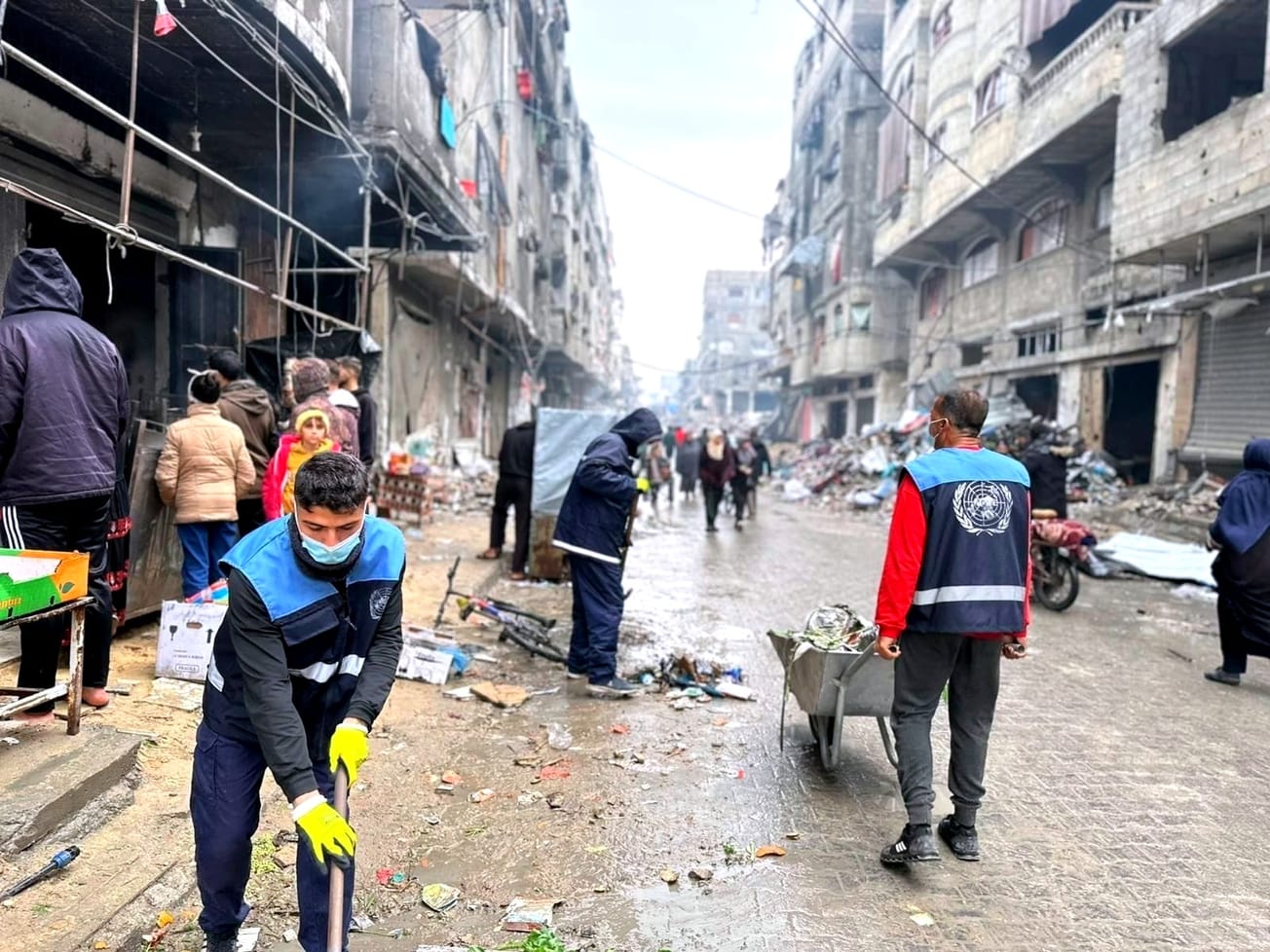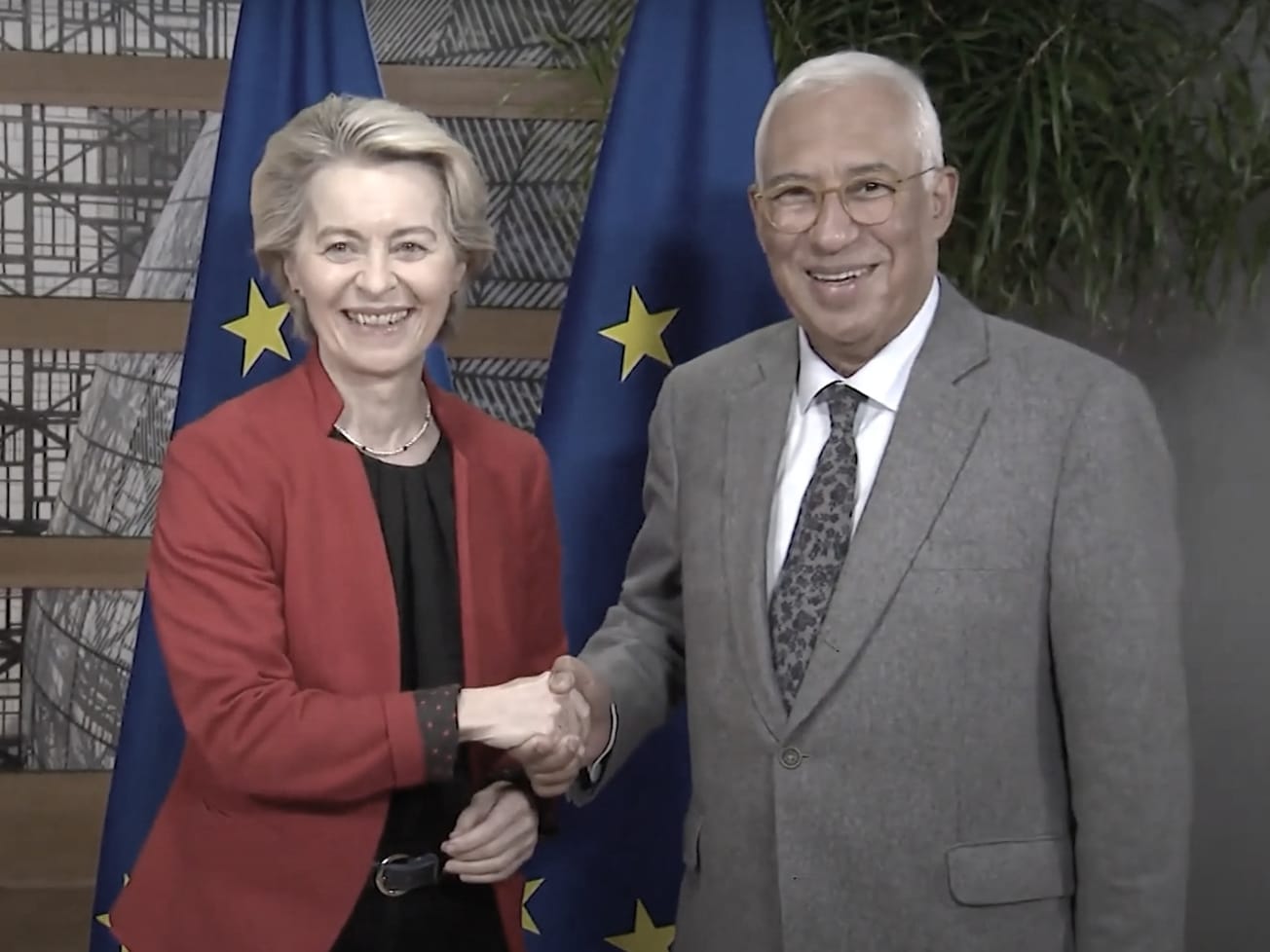French authorities made it possible for a high-profile genocide trial to proceed by transferring a long-sought fugitive in the 1994 Rwanda genocide to the custody of a United Nations criminal court on Monday.
Félicien Kabuga, a wealthy 87-year-old businessman, was taken from France and placed into the custody of the International Residual Mechanism for Criminal Tribunals, or IRMCT, at The Hague, Netherlands.









